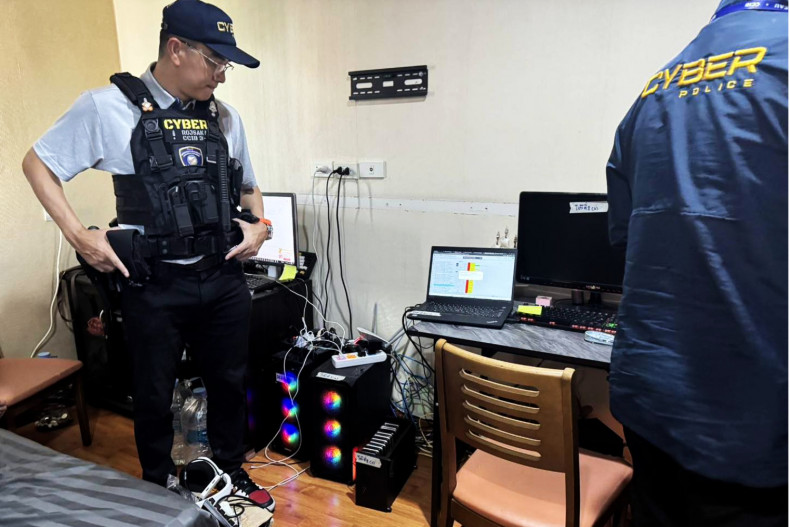Regulatory Shift Sparks Concern
Reclassification Threatens Livelihoods
Thailand’s cannabis industry is reeling as the Ministry of Public Health moves to reclassify cannabis as a narcotic within 45 days, restricting its use to medical prescriptions. Small-scale growers and dispensary owners, already battered by falling prices and foreign competition, fear closures and financial ruin. The policy shift has ignited widespread anxiety among farmers like Somkiat Nitiketkosol, who tend to small operations in Nakhon Ratchasima.
Costly Certification Challenges
Small Farmers Struggle
New regulations mandate upgrading from Good Agricultural Practices (GAP) to the more rigorous Good Agricultural and Collection Practices (GACP) certification, costing hundreds of thousands of baht. Somkiat, who runs Suan Fah Yim farm, described the financial burden as nearly insurmountable for small growers. Plummeting cannabis flower prices—from 500-700 baht per gram to under 100 baht—driven by foreign investors, have forced many to halt planting, awaiting clearer government guidance.
Corruption and Unfair Enforcement
Calls for Transparent Laws
Farmers like Somkiat warn that the certification process risks fostering corruption, with permits favoring large players over small operations. He criticized the government for targeting legal growers while illegal sellers thrive. Montri Yiamsungnoen, head of the Korat Loves Cannabis network, echoed these concerns, noting that his group’s 10-million-baht investment in greenhouses is now at risk, with 100kg of unsold cannabis piling up since December.
Dispensaries Adapt to Change
Hope Amid New Rules
In Khon Kaen, dispensary owner Phachara Thaisa sees potential in the stricter regulations, believing they could curb unlicensed shops and restore market quality. He is preparing to hire medical staff to comply with prescription-only rules, limiting sales to 1g daily or 30g monthly per customer. While acknowledging higher costs, Phachara hopes clear guidelines will stabilize prices and legitimize the industry for compliant operators.
Medical Potential vs. Misuse
Balancing Benefits and Risks
Medical experts like Assoc Prof Smith Srisont advocate reclassification to curb recreational misuse, emphasizing protections for youth. However, cannabis advocate Daycha Siripatra argues the rushed policy may serve political or corporate interests, stifling medical research and innovation. The Department of Thai Traditional and Alternative Medicine is training practitioners to ensure safe use, but lax post-liberalization enforcement has fueled illegal sales, complicating regulation efforts.
Government Seeks Balanced Approach
Supporting Legitimate Businesses
Public Health Minister Somsak Thepsutin acknowledged industry frustrations, pledging support for medical cannabis businesses. He stressed that reclassification aims to address public health concerns without derailing investments, promising no legal disputes over license renewals. Somsak attributed current chaos to poorly drafted laws, calling for collaborative solutions to promote a sustainable cannabis sector while ensuring transparency and fairness for all stakeholders.









